CBT vs. DBT: Understanding the Differences
Table of Contents
Mental health conditions affect millions of people across the country. Whether you’re dealing with anxiety, depression, trauma, or substance use, the right therapy can make a powerful difference. But choosing the most effective approach can be confusing. That’s why understanding the key differences between Cognitive Behavioral Therapy (CBT) and Dialectical Behavior Therapy (DBT) is important.
At West Side Recovery, we work with individuals every day who are working to rebuild their lives. We offer a variety of evidence-based treatments, including CBT and DBT, that support lasting recovery from substance use and mental health disorders.
What is Cognitive Behavioral Therapy?
Cognitive Behavioral Therapy, or CBT, is one of the most widely used forms of psychotherapy. It focuses on identifying and changing negative patterns of thinking and behavior. Developed in the 1960s, CBT has been proven effective for many mental health conditions, including depression, anxiety disorders, PTSD, and substance use disorders.
CBT is based on the idea that our thoughts, feelings, and actions are connected. When a person can identify distorted thinking, they can change their emotional responses and behaviors. For example, someone with anxiety might learn to recognize catastrophic thoughts and replace them with more realistic ones.
CBT helps with a wide range of issues, including anxiety treatment, cognitive behavioral therapy for general anxiety disorder, depression, substance use, insomnia, and more. It’s structured, goal-oriented, and typically involves homework assignments to practice skills between sessions.
CBT is also beneficial for people dealing with chronic pain, eating disorders, or trauma-related concerns. It equips individuals with coping skills that improve resilience over time. When looking for cognitive behavioral therapy techniques, this approach gives you a practical framework to address mental health concerns.
What is Dialectical Behavior Therapy?
Dialectical Behavior Therapy, or DBT, is a modified form of CBT. It was developed in the 1980s for individuals with borderline personality disorder and has since been adapted for many other mental health challenges, including self-harm, substance abuse, depression, eating disorders, and PTSD.
DBT focuses on helping people manage intense emotions, develop mindfulness, and improve relationships. It balances acceptance with change, teaching clients to accept themselves while also working to improve their behavior. If you’ve ever asked what is dialectical behavioral therapy or wanted to understand how DBT works, the answer lies in its four core modules: mindfulness, distress tolerance, emotion regulation, and interpersonal effectiveness.
Clients often participate in both individual therapy and skills training groups. They learn how to manage emotional reactions, reduce impulsive behavior, and communicate more effectively. The use of dialectical behavior therapy skills empowers individuals to live more balanced and fulfilling lives.
DBT is especially helpful for those who experience emotional dysregulation or have trouble managing crises. For people in addiction recovery, DBT supports long-term healing by providing tools to tolerate distress without returning to substance use. When comparing dialectical behavioral therapy vs CBT, DBT focuses more deeply on emotional resilience and relationships.
Key Differences Between CBT and DBT
While both therapies come from the same foundation, their focus and techniques are different. CBT is generally more structured and focuses on how thoughts influence behavior. It works well for people looking to challenge and change unhelpful thinking patterns. This makes CBT ideal for conditions like generalized anxiety, depression, and phobias.
In contrast, DBT emphasizes managing overwhelming emotions and building stronger relationships. It was designed for people who feel emotions very intensely and may act impulsively. DBT incorporates mindfulness and distress tolerance techniques, which help clients remain grounded even in high-stress situations.
Another difference is the approach to acceptance. DBT encourages clients to accept themselves and their current situation, even as they work to change their behavior. This dual focus on acceptance and change is key to DBT’s effectiveness.
While CBT often includes written exercises and homework, DBT tends to involve interactive group sessions and emotional skills training. Both offer structure, but DBT is more likely to include support between sessions through phone coaching or similar methods.
CBT and DBT both rely on collaboration between therapist and client. However, DBT places more emphasis on building a validating and supportive relationship to reduce shame and promote emotional safety.
At West Side Recovery, we evaluate each client individually to determine whether CBT, DBT, or a combination of therapies will be most effective. For those seeking cognitive behavioral therapy for insomnia or needing emotional skills from DBT, our team will guide the process with care.
How West Side Recovery Uses CBT and DBT in Treatment
Both DBT and CBT are offered by our therapists at West Side Recovery as a component of our clinical services. The two therapies are incorporated into a variety of treatment services, such as partial hospitalization programs (PHP), intensive outpatient programs (IOP), dual diagnosis treatment, among others.
Cognitive behavior therapy in the San Diego area is offered by our programs to clients who struggle with anxiety, depression, PTSD, and substance abuse issues. Our experienced therapists assist individuals in recognizing ineffective patterns of thinking, new behaviors, and long-standing habits.
For individuals who require assistance with relationship skills or emotion regulation, we also provide dialectical behavior therapy on an individual and group basis. This is the hands-on practice of distress tolerance, emotion regulation, and interpersonal effectiveness.
Most clients benefit from a blend of both therapies. For instance, an individual suffering from anxiety can benefit from the focus CBT places on thoughts, along with using DBT’s emotional regulation skills. Our therapists tailor each care plan to reflect each woman’s unique strengths and challenges.
Our facility integrates clinical complexity with innovative programs such as art, yoga, skateboarding, and holistic therapies. This synthesis of intensive psychotherapy with wellness activities empowers the entire individual.
We provide medical detox, alcohol detox, opioid detox, medication-assisted treatment (MAT), and fentanyl detox services. CBT and DBT are only a couple of our many commitments to evidence-based care that enhances lives.
Patients are taken through each phase of treatment, from detox to aftercare. We are privileged to provide anxiety treatment, cognitive behavior therapy and dialectical behavior therapy skills as a part of our continuum of care.
Choosing Between CBT and DBT
It all relies on the needs and symptoms of the individual whether to go for CBT or DBT. CBT is usually advised for individuals who find it difficult to manage negative thought patterns and wish to improve their coping skills. It is best for people with insomnia, depression, or generalized anxiety.
DBT, nevertheless, could be more suitable for individuals who must contend with overwhelming emotions, ongoing suicidality, or a background of self-injury. When relationships tend to be difficult, or emotional roller coasters are intense, DBT could offer greater relief.
We assist you at West Side Recovery in selecting the most appropriate therapy for you. We do not subscribe to a one-size-fits-all approach. Each woman that comes through our doors receives an individualized assessment so that we can pair her with the most suitable treatment model.
Whether you need cognitive behavioral therapy definition explained or want to investigate dialectical behavior therapy vs CBT, we have you covered with the solutions.
Call West Side Recovery Today
Understanding the difference between CBT and DBT is a great first step in choosing the right treatment. Both approaches offer effective tools for improving mental health, managing emotions, and building a more stable life.
At West Side Recovery, we specialize in helping individuals find healing through evidence-based therapies, compassionate care, and a supportive environment. Our programs are built around the needs of each person we serve.
If you’re ready to take the next step, we invite you to reach out. Call us at 619-853-1670 to speak with our admissions team. Whether you need help with addiction, anxiety, or emotional regulation, we’re here to support your growth and recovery.
FAQs
CBT is used to treat mental health conditions like anxiety, depression, PTSD, insomnia, and substance use disorders by focusing on changing unhelpful thought patterns.
DBT is ideal for managing intense emotions, reducing self-harming behavior, and improving relationships. It helps those with emotional regulation issues and borderline personality disorder.
While both are behavior-based therapies, CBT focuses more on thoughts and behaviors, while DBT emphasizes emotion regulation, mindfulness, and self-acceptance.
Yes, cognitive behavioral therapy for insomnia is a proven treatment that helps individuals identify and change sleep-disrupting thoughts and habits.




